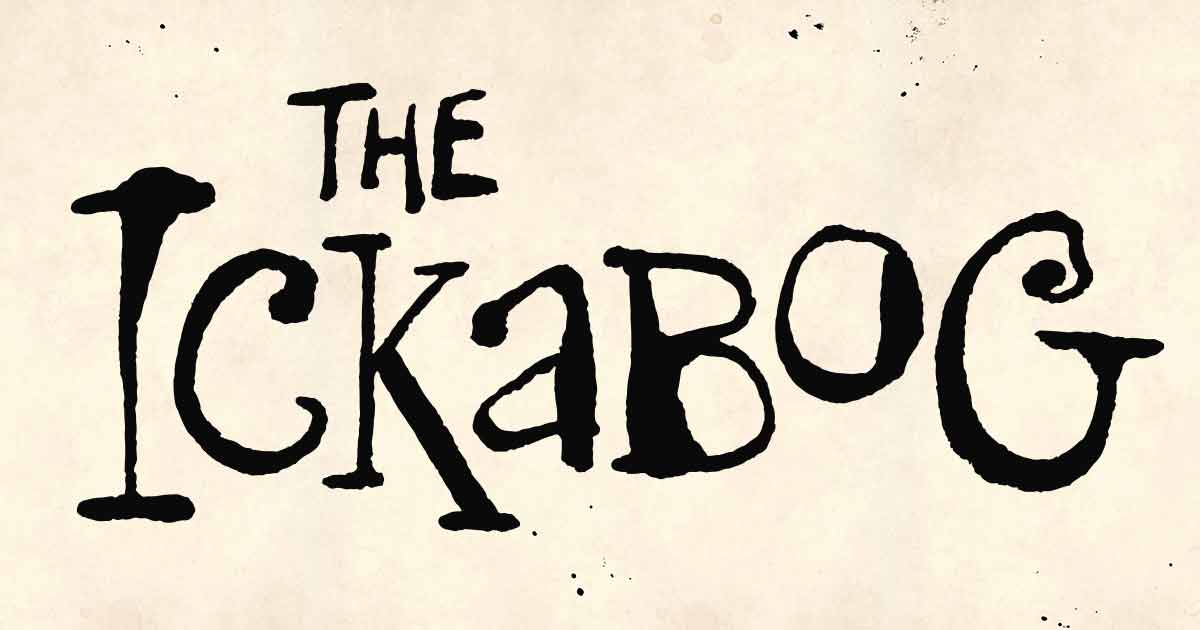Penna Dexter
During the early shutdowns back in April, author J.K. Rowling released a children’s novel in three installments for families stuck at home. She actually wrote The Ickabog during the years when she was writing the Harry Potter series. The full novel was published in November.
The story begins when King Fred of Cornucopia allows two manipulative and power-hungry advisors to convince him to embark on a quest to kill the Ickabog, a creature most of his subjects consider imaginary.
While some citizens deem this a pointless but harmless mission, others discover that by amplifying the threat posed by this mythical creature, they can rally the citizenry to achieve certain nefarious goals.
They enact an Ickabog tax to defend against this terror, and another tax to pay the tax collectors. These taxes harm smaller shopkeepers and poor Cornucopians. The wealthy find ways to escape the damage.
The clampdowns eventually tank Cornucopia’s economy. Citizens who complain about the drastic measures taken to battle a creature whose existence they doubt, are accused of treason by the king’s ambitious advisors.
Dissenters are imprisoned. The two heroes of the story, children named Daisy and Bert, are taken from their parents and placed in an orphanage where they are denied outside communication.
J.K Rowling made clear that the idea for this story came to her “well over a decade ago.” But, it’s uncanny how accurately it portrays the financial damage done, by government-dictated lockdowns in response to COVID-19, to small businesses and their owners and employees. And Daisy and Bert’s confinement to an orphanage speaks to the enormous educational and emotional toll the response to the pandemic has taken on children, even though they are the least likely to suffer from the virus.
An article by Sara Rinder in First Things highlights additional striking COVID-19 parallels in The Ickabog. J.K. Rowling herself said it’s “a story about truth and the abuse of power.”
She certainly picked the right moment to release it.
 Listen Online
Listen Online Watch Online
Watch Online Find a Station in Your Area
Find a Station in Your Area










 Listen Now
Listen Now Watch Online
Watch Online
